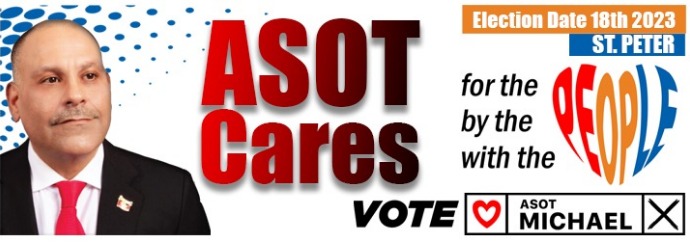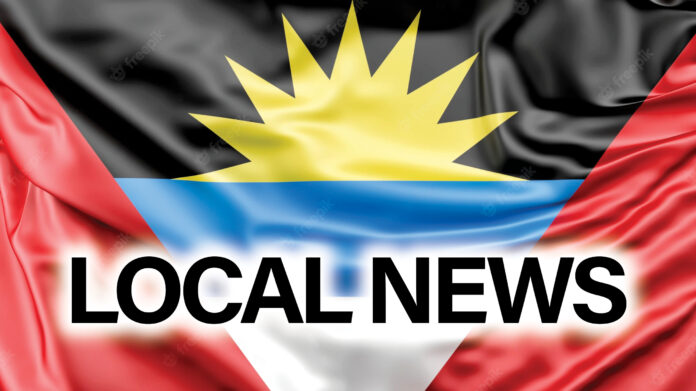By Robert A. Emmanuel
The laws regulating political financing—a key component of any political party’s election campaign—have always been a priority for independent observers and election officials.
With only two days left until Election Day, political parties and hopefuls will only increase their campaigning and spending as they seek to either retain or gain electoral office.
However, do the people of Antigua and Barbuda know exactly how much is spent by a political party and its candidates throughout the election?
Observer media spoke to the Assistant Supervisor of Elections at the Antigua and Barbuda Electoral Commission (ABEC), Ian Hughes, who believes that our country’s campaign finance laws do not allow for stringent oversight.
“Campaign financing has always been, and continues to be, an issue regarding the recommendations [for reform] but until the law changes—if you read the legislation, it is very limited in terms of accounting for the funds that you receive, and who can contribute – it is extremely limited,” Hughes explained.
The political paraphernalia lining the streets of the country and surrounding every street light pole, the political rallies with several regional and international artistes, the digital billboards displaying campaign commercials played frequently on the radio, financing a campaign, it is clear that the money required to fund a campaign has increased.

Under an amendment to the Representation of the People’s Act passed in 2001, Section 82, campaigns are required to keep records of monetary contributions, especially of persons and businesses that contribute more than $25,000.
Moreover, unless the source of the funds can be clearly identified to the Electoral Commission, political parties cannot accept funds above $5,000 and political parties are required to audit their accounts six months after an election.
However, no specific mention was given to a recording of a campaign’s expenditure, especially as campaigns adopt more online strategies, including online advertisement and social media posts, nor is any mention given to the deployment of auditors experienced in reviewing financial statements.
“A lot needs to be changed in terms of teeth; you actually need to give [ABEC] the teeth to go and audit to ensure that they are done according to law… this means having to set up a different department of the Commission with the expertise to ensure that this is done,” Hughes said.
He added, “The law says that you only need to account for the financing within a particular period—the campaigning period between when the writ is issued until Election Day.”
This gap in our country’s campaign finance laws has left an opportunity, according to Hughes, for political parties to earn funds before and after the election period, which lasts only a month.
In 2018, an initial statement by then-Chair of the Commonwealth Observer Group, Janet Bostwick noted, “Concerns were also raised about the lack of transparency and accountability regarding campaign financing.”
Her statement continued to add that “It [was] important that there is an effective framework for the funding, expenditure and campaigning of political parties and candidates, which might also encourage a more positive and policy-focused campaign.”
As both the CARICOM and Commonwealth Election Observer Groups will take note of the election processes, the question remains whether any political party will address this issue after the January 18 poll.

